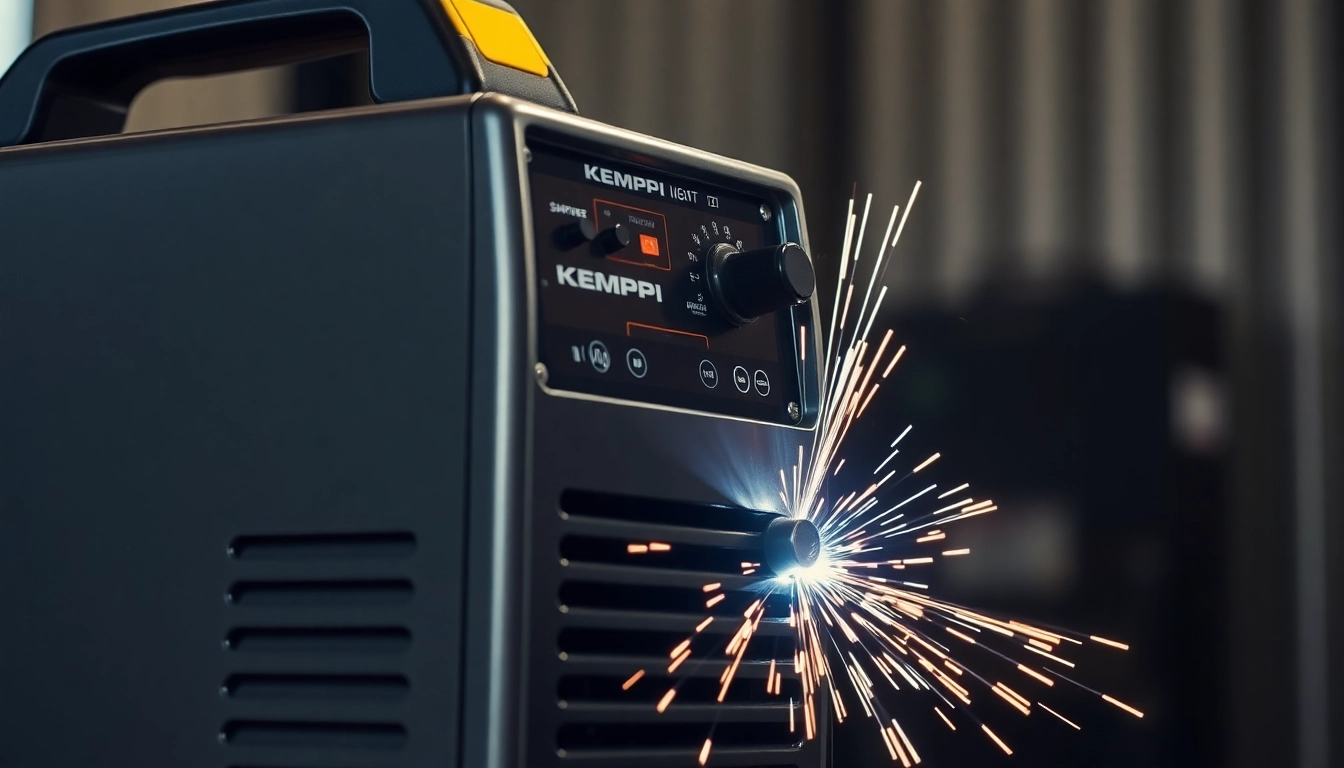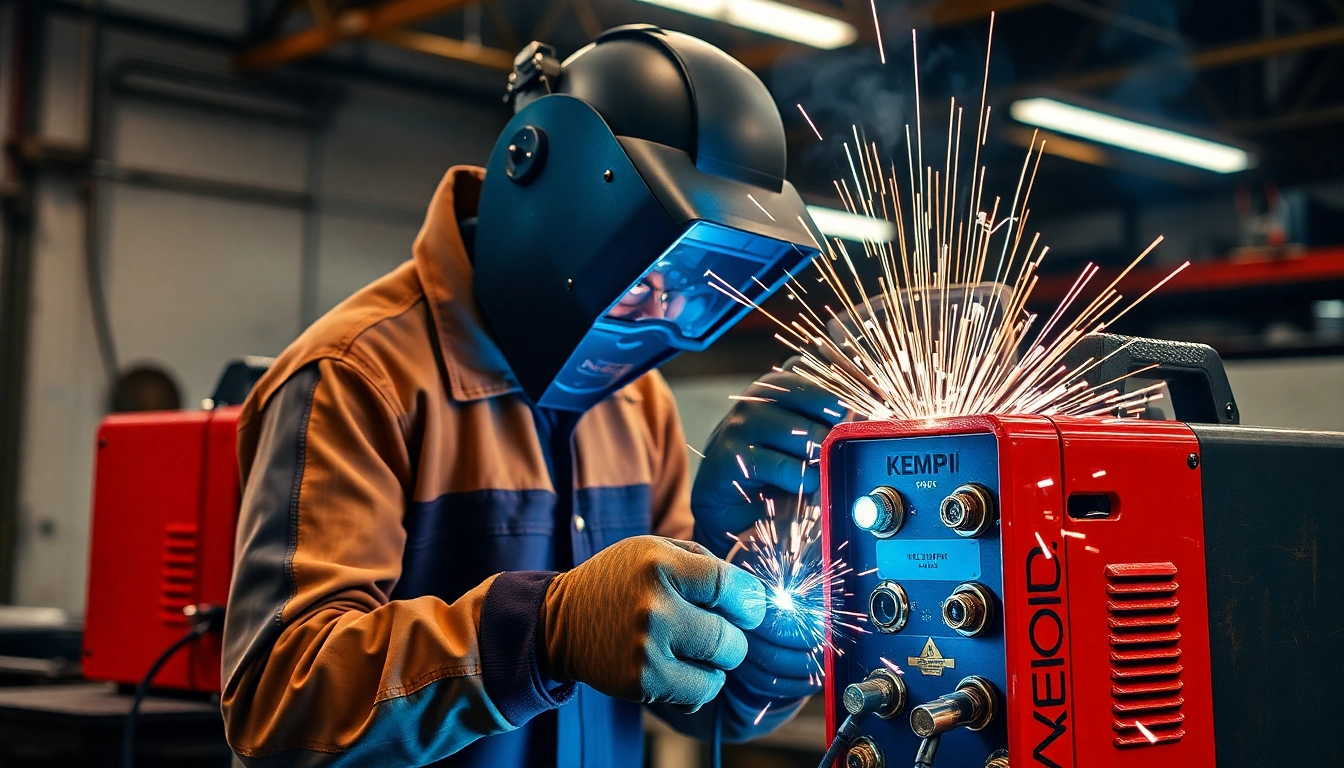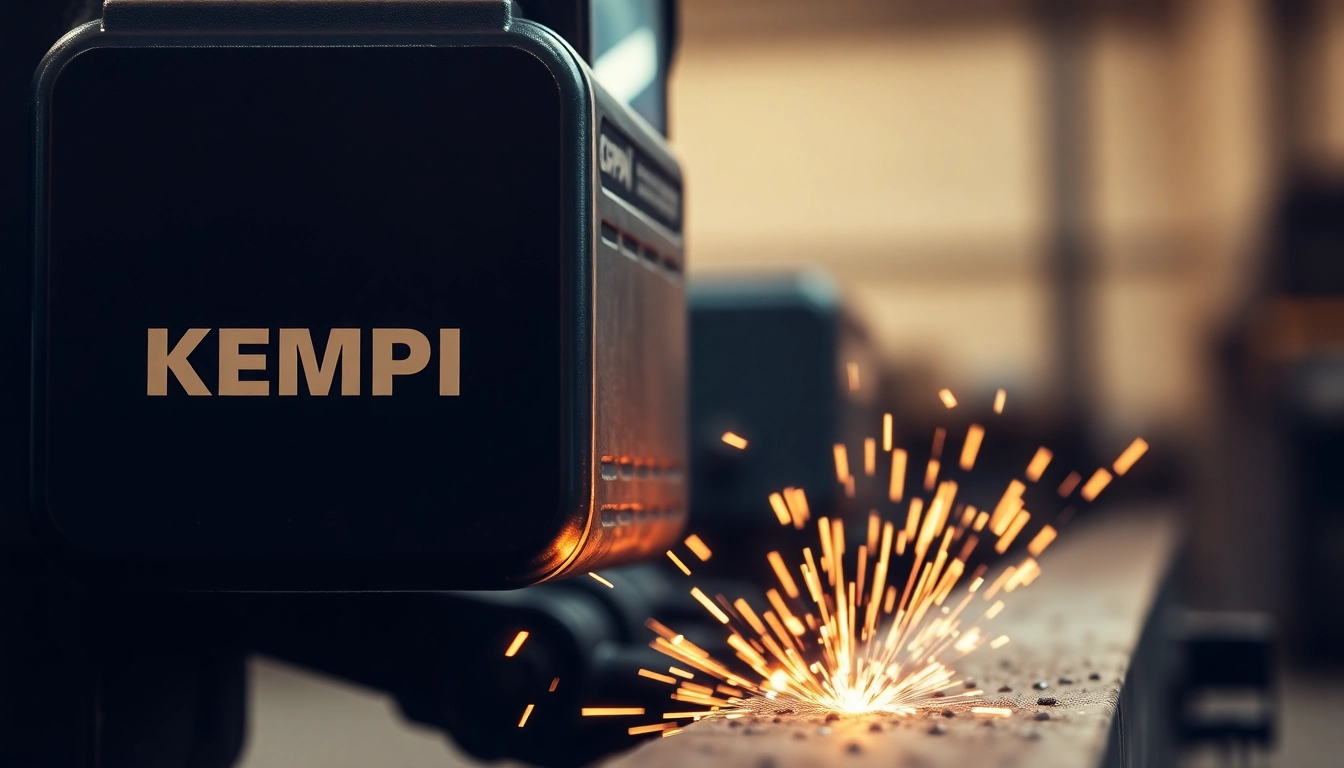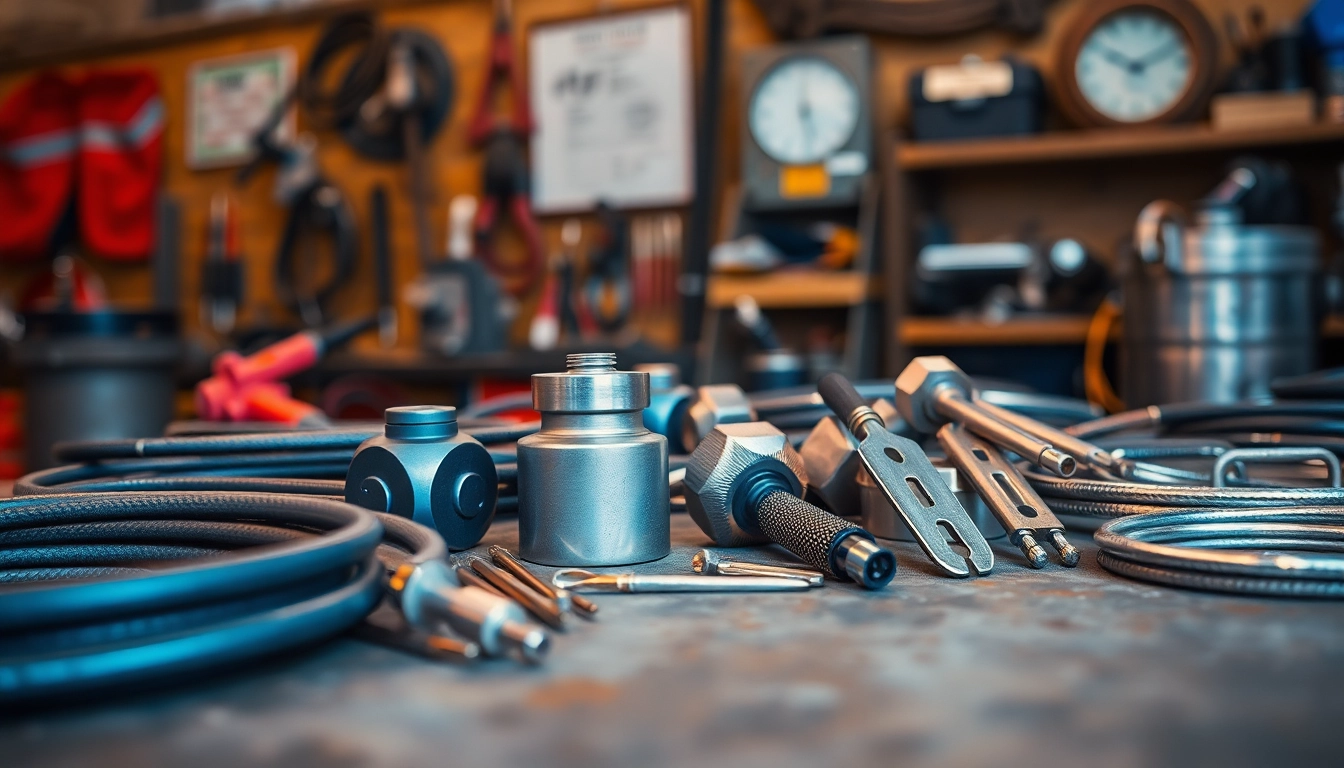Understanding Kemppi Welders
Kemppi welders are synonymous with precision and quality in the welding industry. As a leading manufacturer based in Finland, Kemppi has honed its expertise in designing and manufacturing a range of welding equipment that caters to different applications. Whether you’re a professional welder or a DIY enthusiast, understanding kemppi welders and their unique features is crucial for achieving optimum results in your projects.
What Makes Kemppi Unique?
Kemppi stands out in the crowded field of welding technology due to several key attributes:
- Innovation: Kemppi continually invests in research and development, ensuring its machines integrate the latest technology for superior welding performance.
- User-Centric Design: The design of Kemppi’s products emphasizes user-friendliness, which enhances productivity and reduces the learning curve for new users.
- Quality Assurance: Each product undergoes rigorous quality checks, ensuring that they meet the stringent demands of professional welders around the world.
These elements, combined with the brand’s reputation for durability, make Kemppi a preferred choice among welding professionals.
Range of Kemppi Welding Machines
Kemppi offers a diverse lineup of welding machines tailored for different welding processes:
- MIG/MAG Welders: Ideal for semi-automatic wire welding tasks, Kemppi’s MIG/MAG machines are designed for versatility in both workshop and on-site applications.
- TIG Welders: Known for their precision, Kemppi’s TIG welders are perfect for thinner materials and applications that require high levels of control.
- Multi-Process Welders: These versatile units can handle multiple welding techniques, catering to various projects and skill levels.
This extensive range allows users across multiple industries to find the right equipment that meets their specific welding needs.
Applications of Kemppi Welders in Various Industries
Kemppi welders find applications in various industries including:
- Aerospace: Precision welding in this sector demands the highest quality, which Kemppi provides through advanced TIG welding technology.
- Automotive: MIG and multi-process welders are extensively used for manufacturing parts and repairs due to their fast welding speeds.
- Shipbuilding: The durability and reliability of Kemppi machines make them suitable for challenging conditions in marine construction.
These examples illustrate how Kemppi’s technology adapts to the evolving needs of modern industries.
Features of Kemppi Welders
Kemppi welders are recognized not just for their performance but also for a suite of features designed to enhance user experience:
Advanced Technology in Welders
One of the hallmarks of Kemppi welders is the incorporation of advanced technologies such as:
- Smart Technology: Many Kemppi products come equipped with intelligent features that optimize welding parameters based on material types and conditions.
- Digital Controls: State-of-the-art digital interfaces allow for precise control over welding settings, improving accuracy and reducing waste.
- Energy Efficiency: Techniques such as inverter technology offer energy savings, making Kemppi welders not only powerful but also environmentally friendly.
Durability and Design Innovations
Kemppi welders are engineered to withstand rigorous use:
- Robust Construction: Manufactured from high-quality materials, Kemppi welders are built to last, even in harsh working environments.
- Ergonomic Design: Many models feature lightweight designs and user-friendly controls, reducing user fatigue and enhancing productivity.
Comparative Analysis with Competitors
When compared to other brands, such as Lincoln Electric and Miller Electric, Kemppi welders often come out on top in various categories:
- Performance Quality: Kemppi’s focus on innovation and quality control results in superior weld quality.
- Technological Edge: The introduction of smart technologies gives Kemppi welders a competitive advantage in efficiency and ease of use.
- User Satisfaction: Customer feedback consistently highlights the reliability and performance of Kemppi machines over others in the market.
Choosing the Right Kemppi Welder
Selecting the right welder can significantly affect your performance. Here are some crucial factors to bear in mind:
Key Factors to Consider Before Buying
When choosing a Kemppi welder, consider the following elements:
- Welding Process: Identify the types of welding you will be performing most frequently—MIG, TIG, or multi-process.
- Power Requirements: Ensure the welder meets your voltage needs and is appropriate for the materials you work with.
- Portability: If you’ll be moving your welder frequently, opt for a lighter, more portable model.
Best Practices for Selecting and Using Welders
To maximize the effectiveness of your Kemppi welder:
- Always refer to the product manual to understand machine capabilities and limitations.
- Participate in training sessions to familiarize yourself with the welder’s features and best practices.
- Ensure regular maintenance to keep your machine in optimal condition.
Common Mistakes to Avoid When Buying
Many users make common mistakes that can lead to dissatisfaction:
- Not assessing actual needs versus optional features can lead to over- or under-investment in equipment.
- Ignoring customer reviews may leave buyers unaware of the product’s practical performance and reliability.
- Focusing solely on price can result in missing out on higher-quality machines that offer better long-term value.
Maintenance Tips for Optimal Performance
Proper maintenance is necessary to ensure the longevity and performance of Kemppi welders:
Routine Checks and Care for Kemppi Welders
Performing routine checks can prevent minor issues from becoming major problems:
- Daily Inspections: Check cable integrity, connections, and for any signs of wear and tear.
- Cleaning: Regularly clean the welder and its components to maintain performance and extend its lifespan.
Long-term Maintenance Strategies
In addition to daily checks, consider these long-term strategies:
- Professional Servicing: Schedule routine professional maintenance from authorized service centers to keep your equipment in prime condition.
- Calibration: Periodically calibrate your welder settings to ensure optimal performance based on your specific projects.
How to Troubleshoot Common Issues
If your Kemppi welder encounters issues, consider these troubleshooting tips:
- Check for faulty connections if the welder fails to start or operate correctly.
- Consult the troubleshooting guide provided in the manual for specific error codes or symptoms.
- Reach out to customer support for professional advice if issues persist.
Customer Reviews and Feedback
User experiences provide valuable insights into the performance of Kemppi welders:
What Users Say About Kemppi Welders
Feedback from users often highlights strengths such as:
- Exceptional performance in arc stability and weld quality.
- Comprehensive customer support services from the Kemppi team.
- Durability that withstands industrial use over extended periods.
Comparing User Satisfaction Ratings
When comparing customer satisfaction ratings with competitors, Kemppi consistently scores high in:
- Reliability and Build Quality
- User Experience and Interface
- Technical Support and Maintenance Services
Case Studies of Successful Projects Using Kemppi
Several projects demonstrate the capabilities of Kemppi welders. For instance:
- Aerospace Component Fabrication: A leading aerospace manufacturer utilized Kemppi’s TIG welders for precision parts, achieving compliance with the strict industry standards.
- Automotive Manufacturing: An automotive company adopted Kemppi MIG welders for assembly tasks, resulting in a notable reduction in production time and costs.
These case studies showcase the practical success of using Kemppi’s advanced technology across different industries.



